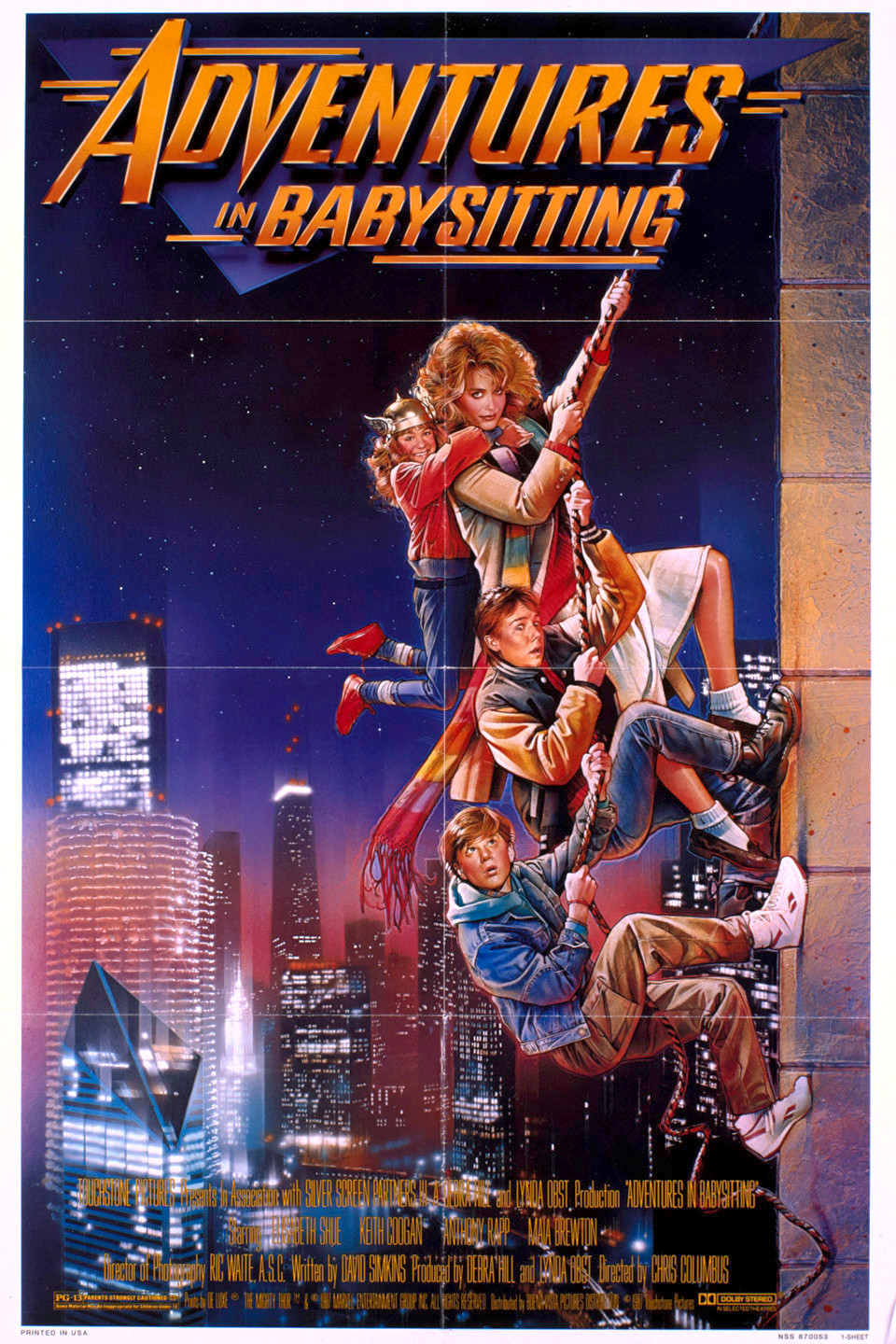miss fortune
not to be trusted
- Joined
- Oct 4, 2007
- Messages
- 20,589
- Enneagram
- 827
- Instinctual Variant
- sp/so
we watched the remake of poltergeist last night and it was surprisingly less of a shit on childhood memories than we were expecting it to be... one thing that really stood out to me though was the way it really reinforced the gender roles of "man must always be the strong protector and provider" and "woman must be the nurturer" though, which bugged me while watching it
after watching it, I mentioned that to the man and we started talking about how A LOT of movies reinforce those roles and how it kind of influences how people think about how they should be acting and how our household doesn't really fulfill those roles nearly as well as movie households do and that we had trouble thinking of any movies where our household roles were reflected in the couple involved and he pointed out that movies kind of make him feel a bit like a failure for being the emotional and more friendly one in the household (he throws dinner parties!) and I always end up identifying more with the male characters. this is all made worse by the fact that I'm going out for a rather uber-manly job (and currently work a more traditionally masculine job than he does). I don't think it helped that he'd cried several times during the previous movie while I was being logical about things and then we watch a movie where the men must be strong and the women are allowed to cry.
Do you think that movies subtly influence how you look at gender roles?
Do they ever make you feel that you've failed a bit?
Any movies that you can think of that DON'T fit this model?
after watching it, I mentioned that to the man and we started talking about how A LOT of movies reinforce those roles and how it kind of influences how people think about how they should be acting and how our household doesn't really fulfill those roles nearly as well as movie households do and that we had trouble thinking of any movies where our household roles were reflected in the couple involved and he pointed out that movies kind of make him feel a bit like a failure for being the emotional and more friendly one in the household (he throws dinner parties!) and I always end up identifying more with the male characters. this is all made worse by the fact that I'm going out for a rather uber-manly job (and currently work a more traditionally masculine job than he does). I don't think it helped that he'd cried several times during the previous movie while I was being logical about things and then we watch a movie where the men must be strong and the women are allowed to cry.
Do you think that movies subtly influence how you look at gender roles?
Do they ever make you feel that you've failed a bit?
Any movies that you can think of that DON'T fit this model?




 I wonder if I could make a character truly neutral and then adjust afterwards when the decision is arbitrarily made.
I wonder if I could make a character truly neutral and then adjust afterwards when the decision is arbitrarily made.